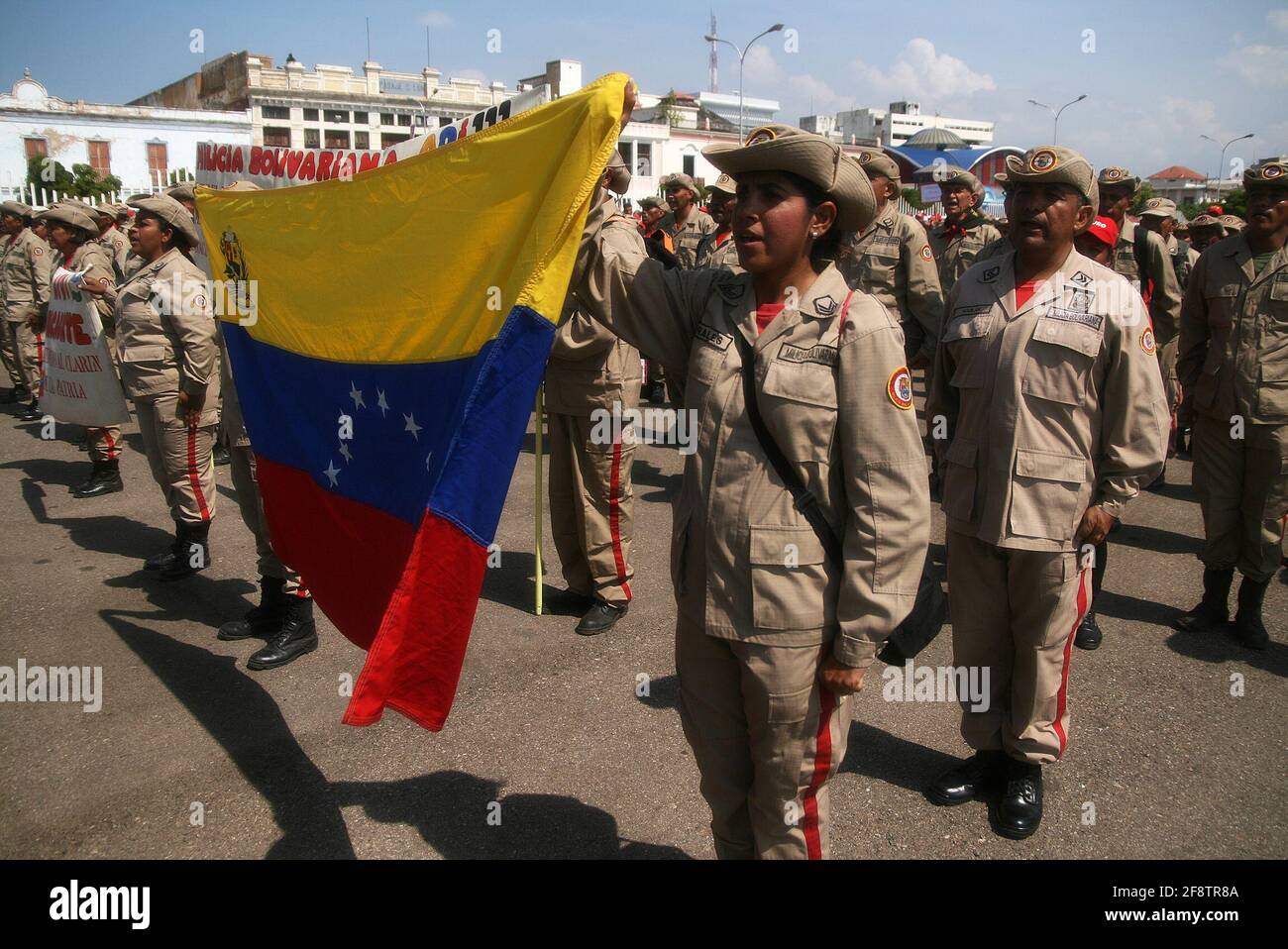Venezuela Mobilizes 8 Million for National Bolivarian Militia
Venezuelan President Nicolás Maduro has ordered the mobilization of over 8 million citizens into the National Bolivarian Militia, citing heightened U.S. military activity near Venezuela and escalating geopolitical tensions.

Venezuelan President Nicolás Maduro has announced the nationwide mobilization of more than 8 million people into the National Bolivarian Militia, a dramatic escalation of Venezuela’s defense posture amid rising tensions with the United States. The move comes as U.S. warships, including guided-missile destroyers and a nuclear submarine, have been deployed to the Caribbean near Venezuelan waters, officially to counter maritime narcotics trafficking but widely viewed as a show of force in the region.
Maduro’s Strategic Response to U.S. Military Pressure
For the first time, Venezuela is activating 15,751 local defense bases and 5,336 communal militia units, with citizens continuing to enlist via a state-run digital platform. Maduro claims this expansion will push the militia’s ranks past 8 million, building on the 4.5 million previously trained. He has framed the mobilization as a necessary response to what he describes as "extremist currents and Nazi tendencies from the north," warning that Venezuela would declare itself "in arms" if attacked and pledging to preserve peace and defend against external threats.
The government’s rhetoric is sharply critical of Washington’s actions, with officials denouncing the U.S. naval operation as psychological warfare aimed at regime change. Maduro has sought to rally domestic and regional support, sending letters to United Nations member states and imposing new security measures, such as a nationwide ban on drone flights and ordering 15,000 troops to the Colombian border.
Domestic Realities and International Skepticism
While the Venezuelan government touts the militia’s size as evidence of popular resistance, independent observers note that many enlistees are pensioners or economically vulnerable citizens who participate to receive government support. Details about the militia’s advanced training and operational capabilities remain vague, and analysts suggest the mobilization is as much about projecting unity and strength as it is about actual military preparedness.
The U.S. government, meanwhile, has intensified its campaign against Maduro, doubling the reward for his arrest to $50 million and designating the alleged "Cartel de los Soles" as a global terrorist organization. American officials have hinted at the possibility of limited military action, but most experts believe a full-scale confrontation is unlikely. Regional actors such as Colombia have received assurances from Washington that outright military intervention is not imminent.
Geopolitical Implications and Military Posture
Venezuela’s military strategy, according to defense analysts, is built on layered air defenses, rapid-response ground units, and a doctrine focused on denial and attrition rather than direct confrontation. Despite significant economic challenges and limited access to spare parts for advanced equipment, the country’s leadership insists it can complicate any foreign intervention through mass mobilization and defensive depth.
The mobilization of the National Bolivarian Militia thus marks a critical juncture in Venezuela’s ongoing standoff with the United States, with both sides leveraging military maneuvers and political messaging to shape the regional balance of power.